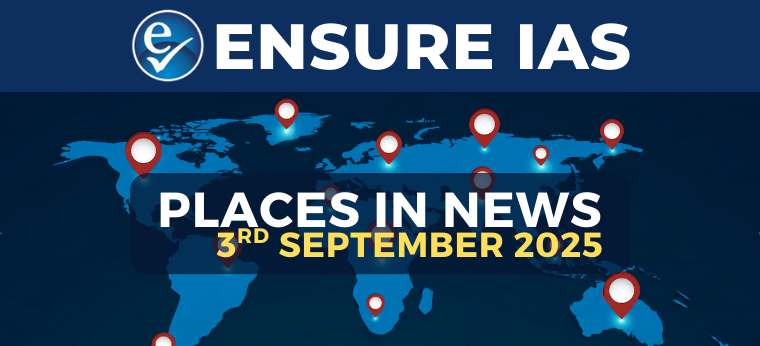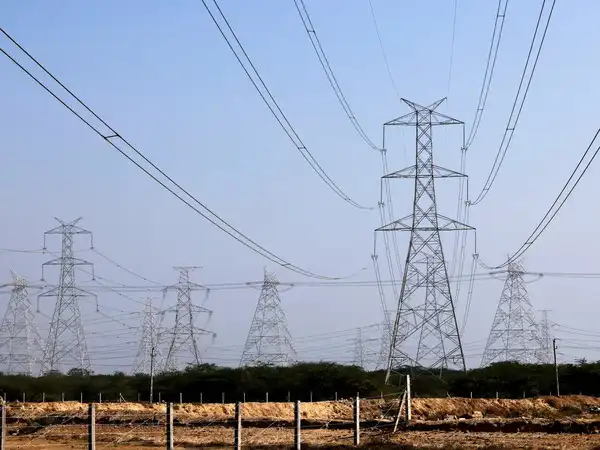The compass of trust is everywhere. But how much do we trust people and why must good governance build trust between people and government?
Relevance: The topic is a part of UPSC CSE General Studies Paper-IV Ethics syllabus. Aspirants will also find the article useful for their Essay paper and situation-based questions in personality tests.
What is trust?
Trust is our firm belief towards an idea, a person or, even a thing. In its simplest form, it is the beliefs rather than expectations that root the trust. In childhood, we trust our parents as we stumble when they teach us to walk, a family trusts each other, neighbors trust each other when they turn off their lights. When trust is lost, things begin to fall apart.
What is public trust?
Public trust is the expectation that individuals have from government agencies and public servants to do good for them. It is essential to a democratic government because it is the foundation of value-based relationships between the people and between the government and the citizens. Trust is like the glue that holds a society together and a nation depends on trustworthy institutions and leaders. The result can be either belief or disbelief.
What kind of trust relationship do we witness nowadays?
(a) Trusting the brands
In today’s world we trust different brands and products without any hesitation. Trust is prevalent in our daily lives, from food delivery services like Zomato to health accessories like Apple watches and fitness apps. We rely on these products and services to provide comfort, happiness and convenience. We also trust the brands we are associated with, like Raymond and Amul. The middle class in India has shown blind faith in products and the people associated with them. We are confident that the food we order from restaurants is safe and healthy, regardless of who prepares it. This trust is based on the reputation of the brand and the expectation of a certain level of quality.
(b) Trusting the virtual world
This lesson discusses the changes in people’s human trust on virtual platforms such as social media and brands. In the digital age, individuals rely on blue ticks, virtual interactions, and emojis for verification and identification. This trust in virtual entities has reduced trust in real-world connections and interactions. Problems arise when trust focuses only on products, services, and purchased things rather than people. This reliance on virtual platforms and brands has led to a decline in interpersonal trust, leaving room for manipulation and resentment.
How much do we trust people?
The concept of trust has evolved from trusting products and processes to trust individuals with influential profiles and positions. However, trust often ignores the struggles and feelings of the underprivileged, who may not have equal access to virtual platforms or physical assets. In the context of the COVID-19 pandemic, migrants relied on their inner feelings and families in their villages rather than cities and their urban employers. This example challenges the traditional notion of trust moving up the hierarchical ladder and suggests that trust can be found even in the most unexpected places.
- The COVID-19 pandemic has clearly exposed the weakness of public trust. Migrant workers, frustrated with the lack of support and security in urban centers, decided to return to their villages. They relied on family ties and their ancestral roots rather than their employers or the urban social fabric. This highlights the need to rebuild basic belief structures at all levels of society.
Why must good governance build trust between people and government?
In low-trust societies, moral values are not shared, leading to a decline in socio-political trust. Good governance can create trust by creating an environment of happiness and defining politics as a service to the citizens. Common citizens expect civil servants to perform their duties and see them as agents of change in the society. Trust should be a principle of life for civil servants and should be promoted in the public sector. A high-trust society can develop through a journey of building public trust and developing civil servants.
Rebuilding Trust: The Ethical Imperative of Good Governance
Transparency and accountability: Institutions and leaders must develop a culture of transparency, share information openly, accept scrutiny and take responsibility for their actions. It promotes a sense of legitimacy and earns public trust.
Prioritizing the public good: Decisions and actions must clearly serve the best interests of the people, not personal gain or vested interests. Trust grows only when there is genuine belief that the government works for the people.
Ethical leadership: Elected officials and civil servants set the tone. They should adopt the values of honesty, integrity and service. Their personal conduct greatly influences the public’s perception of their credibility.
Building inclusive and equitable institutions: Trust is stronger when everyone feels represented. Addressing systemic inequalities and promoting inclusivity goes a long way in building a high-trust society.
The Civil Servant as Agent of Trust
Bureaucrats are uniquely positioned to embody the values needed to rebuild public trust. they should:
Uphold the Highest Ethical Standards: Personal integrity, fairness, and a commitment to public service must be unwavering.
Champion Social Justice: A civil servant must be a champion of the marginalized and vulnerable, ensuring that everyone has a voice and their needs are met.
Foster Community Engagement: Building bridges with the community, understanding their concerns, and involving them in decision-making processes restores trust.
Conclusion
Trust is not a given; It has to be earned. Good governance plays an important role in building a harmonious and functional society where trust can flourish among people. As guardians of the public interest, ethical civil servants have a special responsibility to act as agents of trust.




